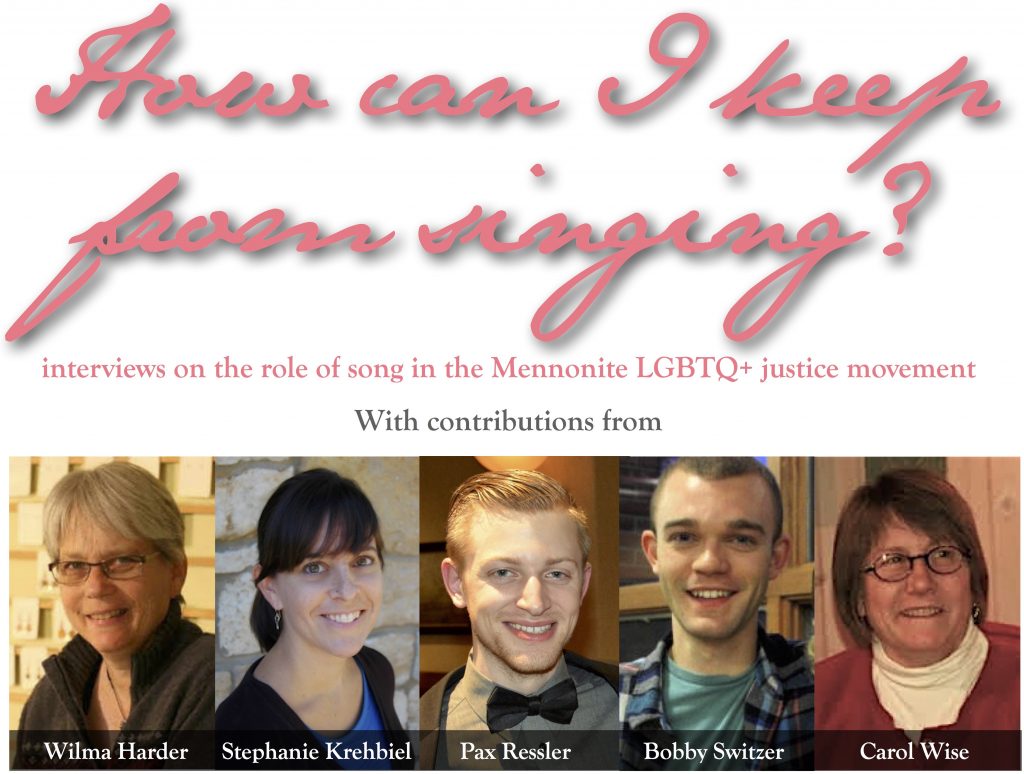PRESS RELEASE June 23, 2015
Statement by Barbra Graber of Harrisonburg, VA, SNAP-Menno Leader
Press Contact: Stephanie Krehbiel, SNAP-Menno Chapter member, [email protected]
Anabaptist-Mennonites form their own SNAP chapter www.snapnetwork.org
FOR IMMEDIATE RELEASE
Twelve Mennonite-related survivors of sexual abuse and their advocates have joined other faith groups to create an Anabaptist-Mennonite Chapter of SNAP, the Survivors Network of Those Abused by Priests. Now in its 26th year, SNAP is an inclusive and independent advocacy group for victims of sexual abuse, created by survivor-activist Barbara Blaine and then joined by David Clohessy and Barbara Dorris to expose the sexual violations of clergy in the U.S. Catholic Church. Their influence has since expanded around the world to serve survivors of predators and pedophiles from within a variety of faith communities. SNAP’s mission: “protect the vulnerable, heal the wounded, expose the truth.”
Convened by long time victim-advocate Dr. Ruth E. Krall with SNAP-trained survivor-advocates Cameron Altaras, Barbra Graber and advocate Jeff Altaras, SNAP-Menno provides a safe place, entirely independent of institutional structures, for Mennonite-related survivors to seek healing alongside other Anabaptist Mennonites. Other founding chapter members are Rachel Halder (survivor-advocate), Stephanie Krehbiel (advocate), Keith Morris (survivor-advocate), Tim Nafziger (advocate), Hilary Scarsella (survivor-advocate), Lisa Schirch (advocate), Sylvia Shirk (survivor-advocate), and Jennifer Yoder (survivor-advocate).
SNAP’s helpline (1-877-SNAP HEALS) offers a confidential listening ear to anyone who has seen, suspected or suffered sexual abuse within a faith community. SNAP’s Survivor Support Groups, facilitated by SNAP-trained leaders and with a time-tested format created by SNAP survivors, provide a place where victims and their loved ones come to receive anonymous aid from other survivors. Many of these self-help groups are available across the continent for survivors and their loved ones. SNAP-Menno and OurStoriesUntold.com will co-sponsor such meetings during Mennonite Church USA’s biennial convention in Kansas City, from 1-2pm on July 2, 3, and 4 in the Citiscape Room of the Aladdin Holiday Inn Hotel in KC. Contact Barbra Graber for more information.
The 2015 Annual SNAP Conference will take place in Alexandria, VA, July 31-August 2. Concerned Mennonites are welcome and encouraged to attend. Register for a day pass or the full schedule: http://www.snapnetwork.org/2015_snap_conference
CONTACT SNAP-Menno Leaders: E-mail: [email protected]
Cameron Altaras (Washington State): 206-930-7067, Jeff Altaras (Washington State): 206-930-7065
Barbra Graber (Virginia): 540-214-8874


